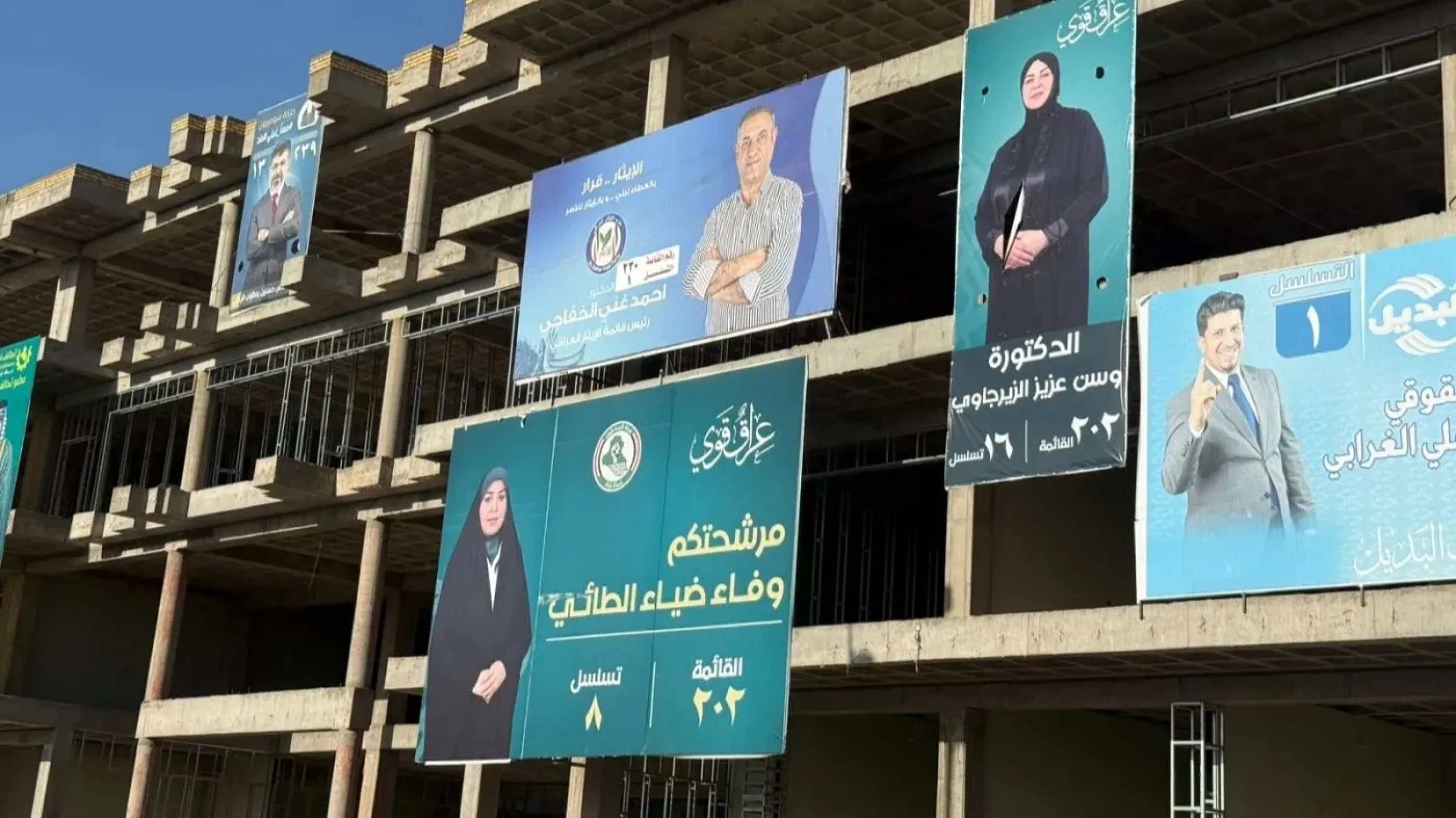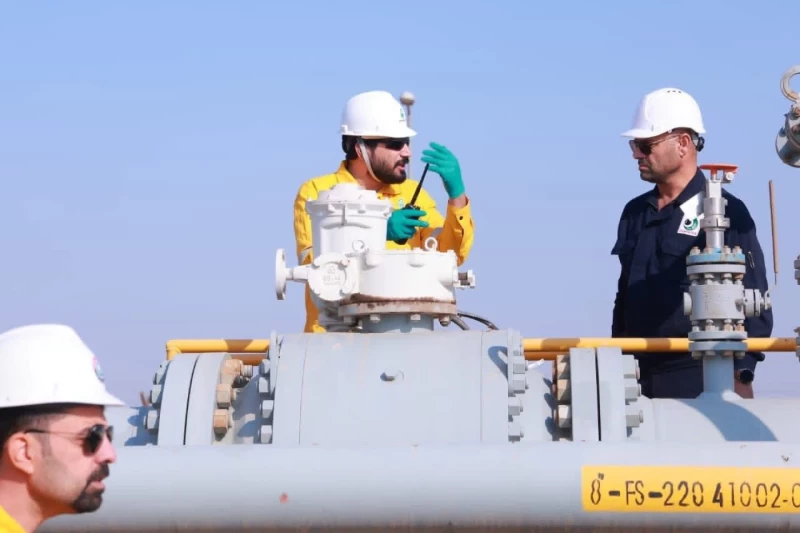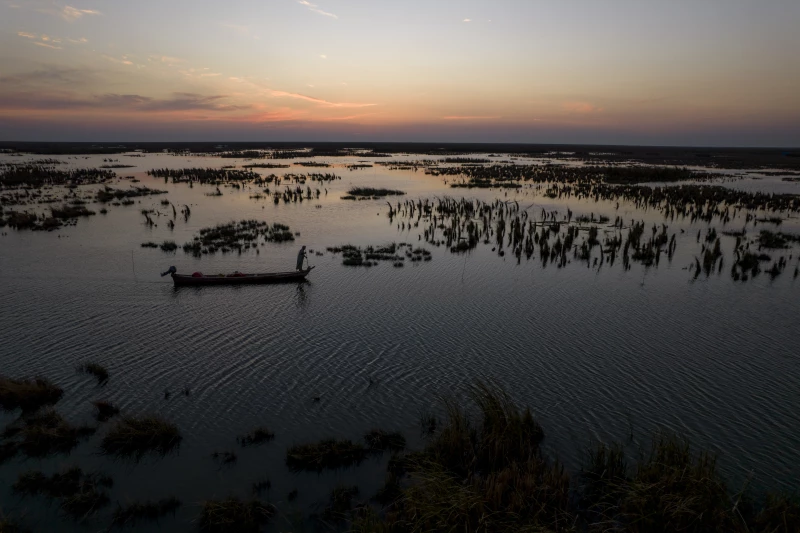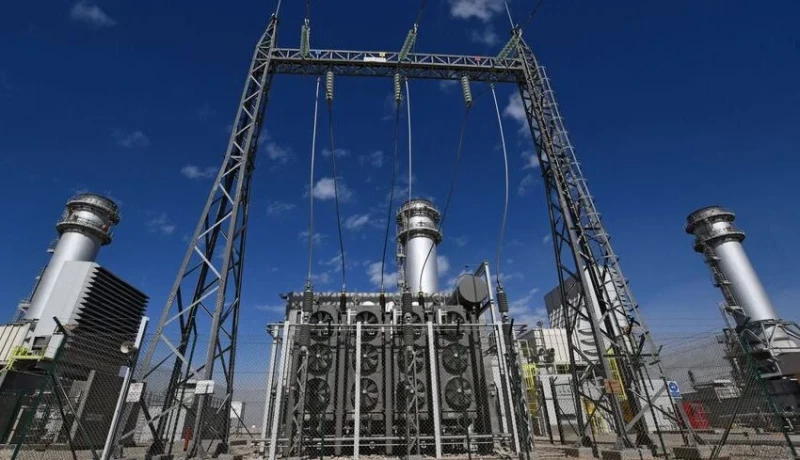ERBIL, Kurdistan Region of Iraq – Female candidates in Iraq’s southern Dhi Qar province have said it is difficult for them to campaign for the upcoming parliamentary elections, lamenting that their posters are being damaged and they are mocked.
Dhi Qar reserves 19 of the Iraqi parliament’s 329 seats, including a quota of at least five seats for women. In the province, 153 women have registered as candidates for the upcoming vote.
Haifa Amin, a candidate for the Civil Democratic Alliance, told The New Region that “political motives and discrimination against women” are among the main reasons for tearing down posters.
Dalal al-Rikabi, another candidate for the Reconstruction and Development Alliance, led by Prime Minister Mohammed Shia’ al-Sudani, also said her posters are being damaged.
“My campaign posters have also been destroyed or covered with others’ posters. This is because I am a popular candidate, and those who do these things are apparently harmed by my candidacy,” she told The New Region.
Razzaq Obaid, head of the Tammuz Organization for Social Development, told The New Region that the vandalism of female candidate posters is mostly related to mockery and harm, with women tending to only hang their posters in city centers where there are more CCTV cameras and traffic.
In many parts of conservative Iraq, female candidates are discouraged from public participation in campaigns that require visibility, media appearances, or engagement with voters. Some women avoid public campaigning altogether to avoid damaging their family’s reputation.
Shaima Battoush, a candidate for the Taqaddum Party in Kirkuk, led by former parliament speaker Mohammed al-Halbousi, only has her name and candidate and list numbers shown on her poster, with many of her posters featuring a picture of her husband instead.
According to Iraq’s electoral commission’s guidelines, anyone who tears down candidates' posters and damages them may be punished with a fine of between one to five million dinars (around $764 - $3,820) or imprisonment for one month to a year.
The United Nations has also provided several training programs to strengthen the role of women in the elections. However, election monitors lament that their campaigns are primarily focused on city centers, with a much weaker presence in districts and subdistricts.
Iraq is set to hold parliamentary elections on November 11. More than 7,750 candidates are competing for 329 seats under a proportional representation system, with penalties for electoral breaches ranging from 100,000 to 10 million Iraqi dinars.



 Facebook
Facebook
 LinkedIn
LinkedIn
 Telegram
Telegram
 X
X


